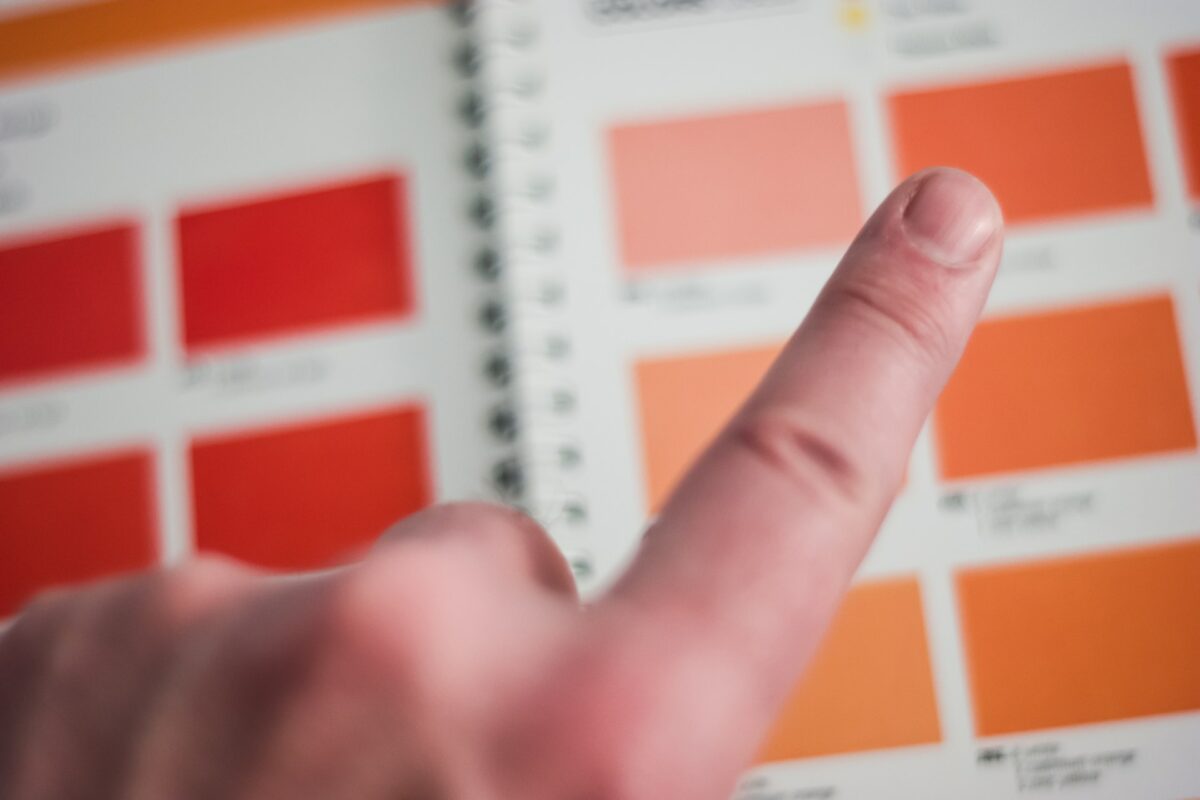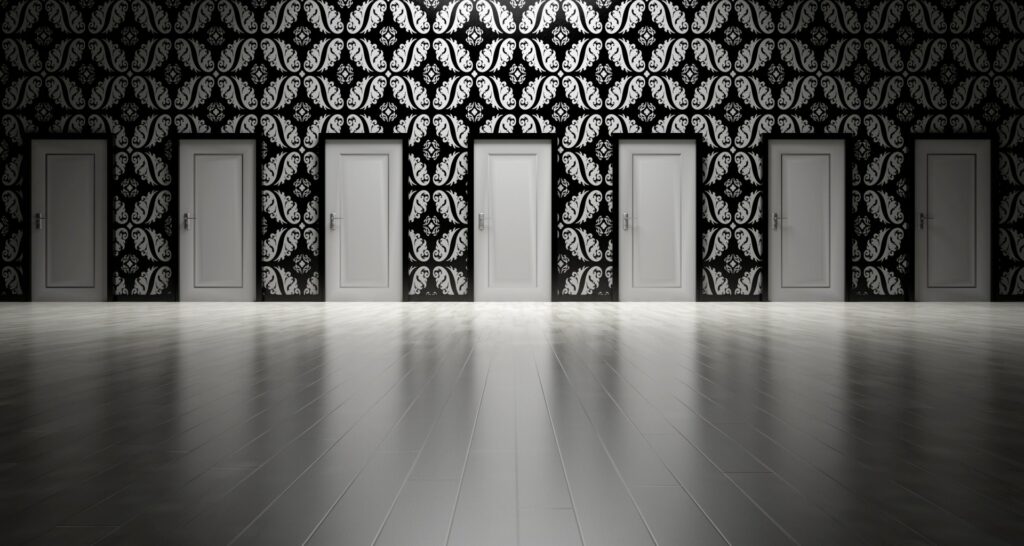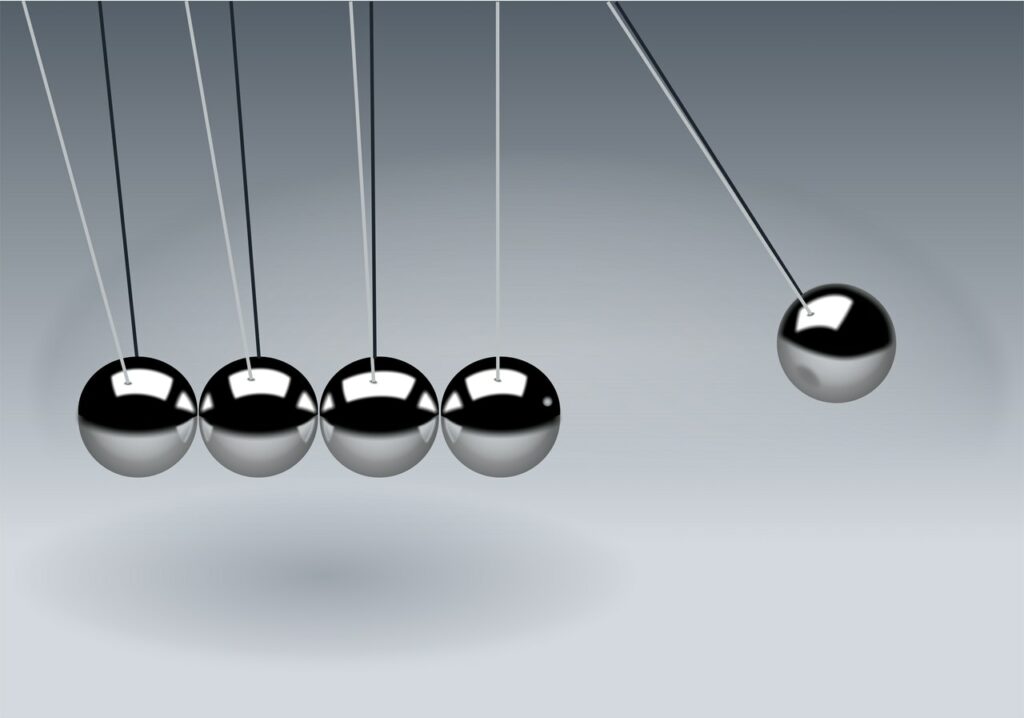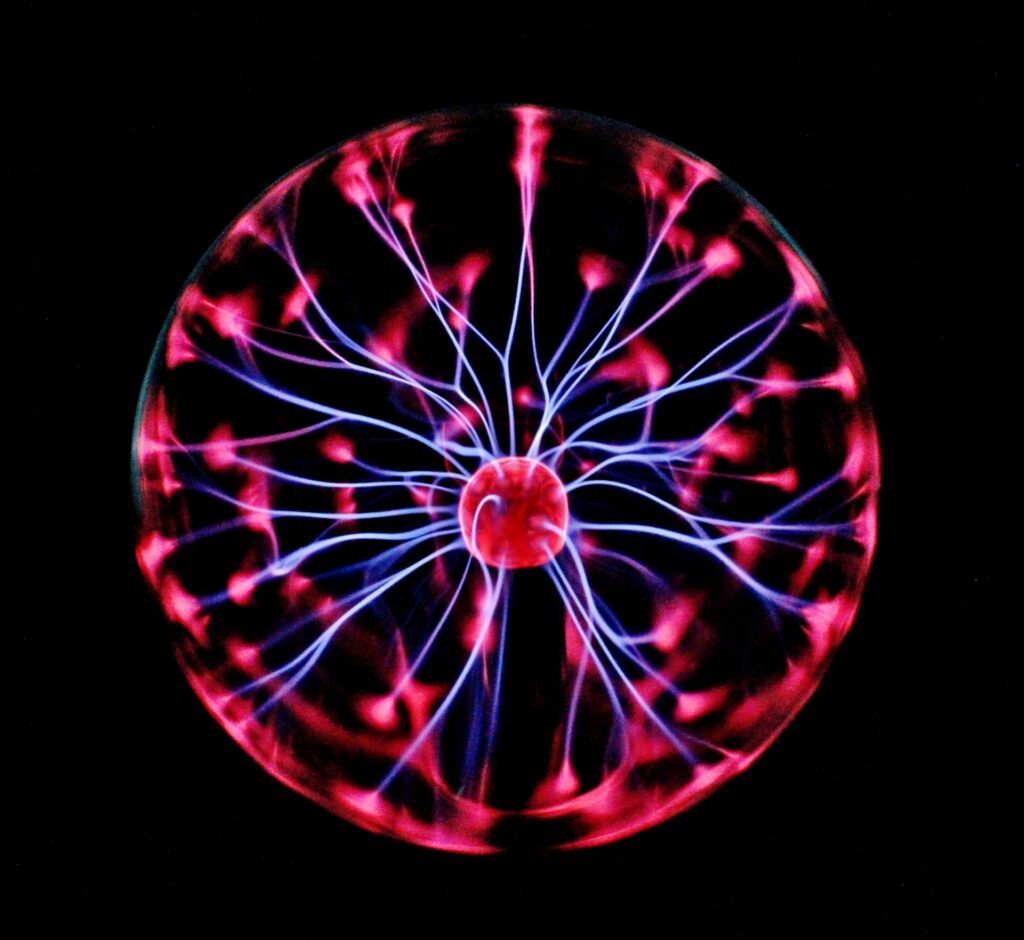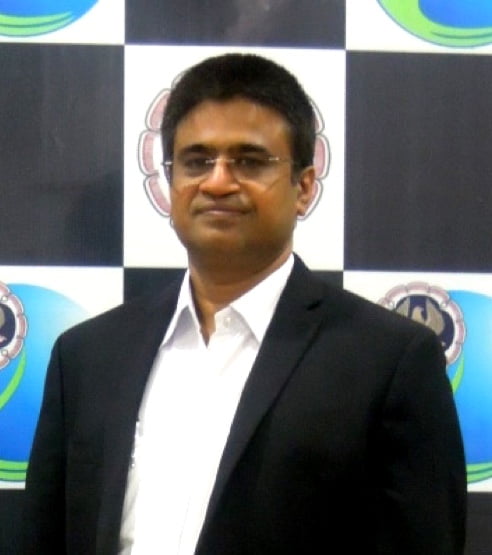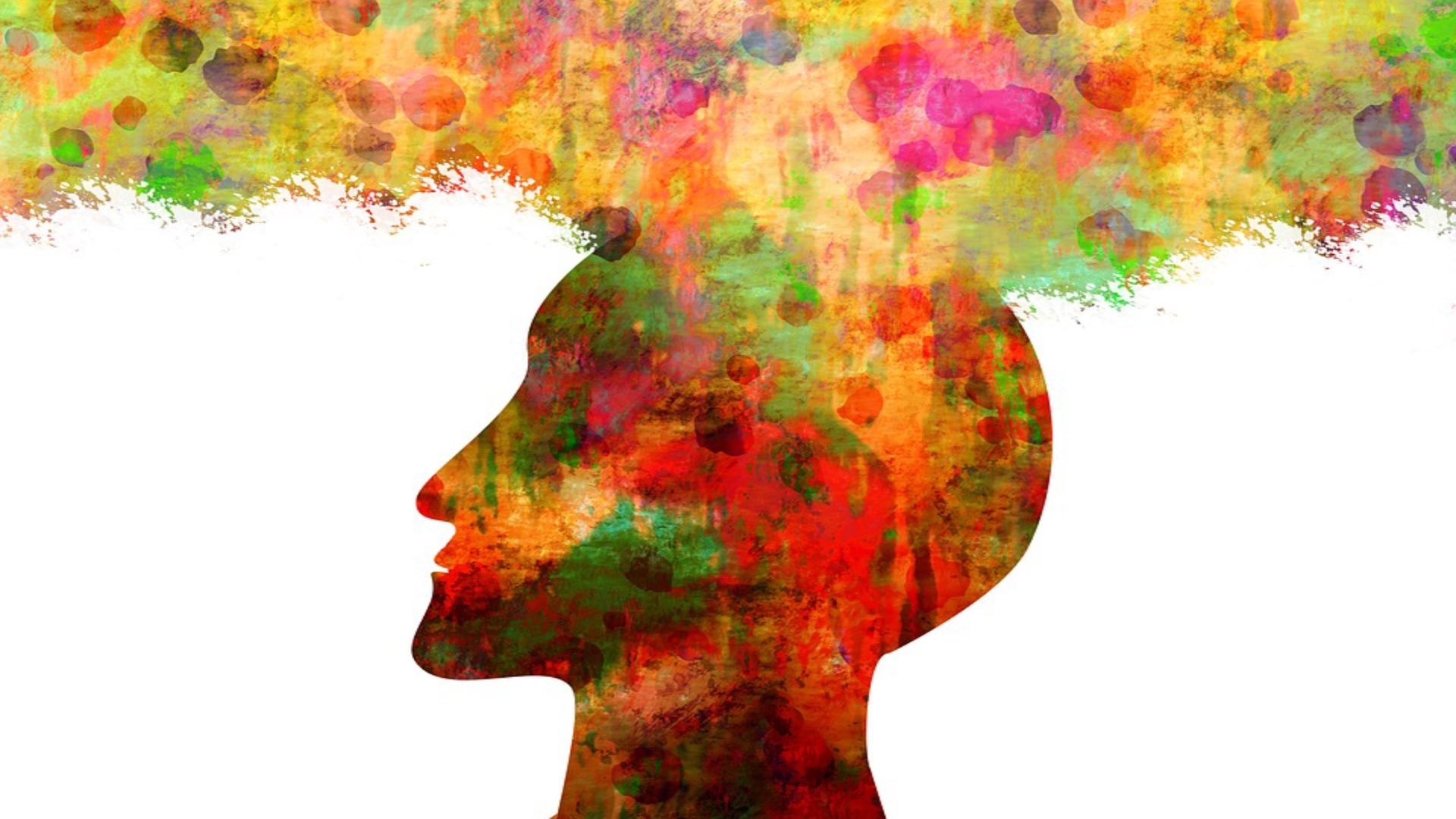For a long time, we have accepted the existence of free will: everyone makes both the good and bad decisions themselves and are therefore responsible for them. Can we say people are not responsible for their own behavior? What about situation X where person Y did a bad thing Z, would I let them go free?
One of the important questions of human existence has been if we have free will. Philosophers, thinkers, researchers, etc. have spent millennia debating free will, without reaching a conclusive answer.
Neuroscientists also entered the field with lots of optimism in the late 1900s, alas to no avail.
Before asking this question, it’s important to ascertain what “free will” actually is. Simply put, free will means our actions are not predetermined and we are free to make our choices.
We are different from animals because we can become what we want to be by changing our behavior and thoughts. This gift of imagination and free will needs clarity of thought.
The idea of free will is that even though two different individuals are provided the same education and upbringing and have similar experiences, they are more likely to make different choices than same. In other words, individuals make a conscious choice. It is also important to note who is making that choice. Individuals incompetent to make such choices are free from the responsibility of their actions, like the mentally ill, children, etc.
The causations of our actions are not limited to the laws of physics. There are different causal agents in the world.
Also, studies say that belief in free will gives people a sense of responsibility. It makes them more likely to follow the rules and social codes. The idea that we can change how we act and thus how others are affected by us makes people feel like they are morally obliged to behave in a good manner.
Now, The reality of Freewill
Free will needs to be understood from the evolution cycle…
Energy and matter both are there in existence. The matter is in the evolution trajectory because of being energized by energy.
(Free to BE) When subatomic particles come into the order they form atoms. The motion of revolution and rotation becomes the state of being of these particles and they continue to just be. Various kinds of atoms are formed. Then atoms form molecules and then we have compounds and so on. Water acids and bases so on the evolution continues.
(Free to Choose & grow) As matter evolves into cells and from algae to all large trees, the plant kingdom is formed. These have the capacity to choose from among the nutrients available and nourish and grow. They have the free will to pick selective nutrients from the same soil and one plant grows a Tomato while another grows brinjal. The soil remains the same.
(Free to Move and Procreate) Evolution then brought in animals, reptiles, amphibians, and mammals all in a sequence. The egg-laying animals needed the earth to hatch them and assist their growth. The mammals became free of the earth and could have their own young ones reside inside their own body. They were free to bear young ones by themselves.
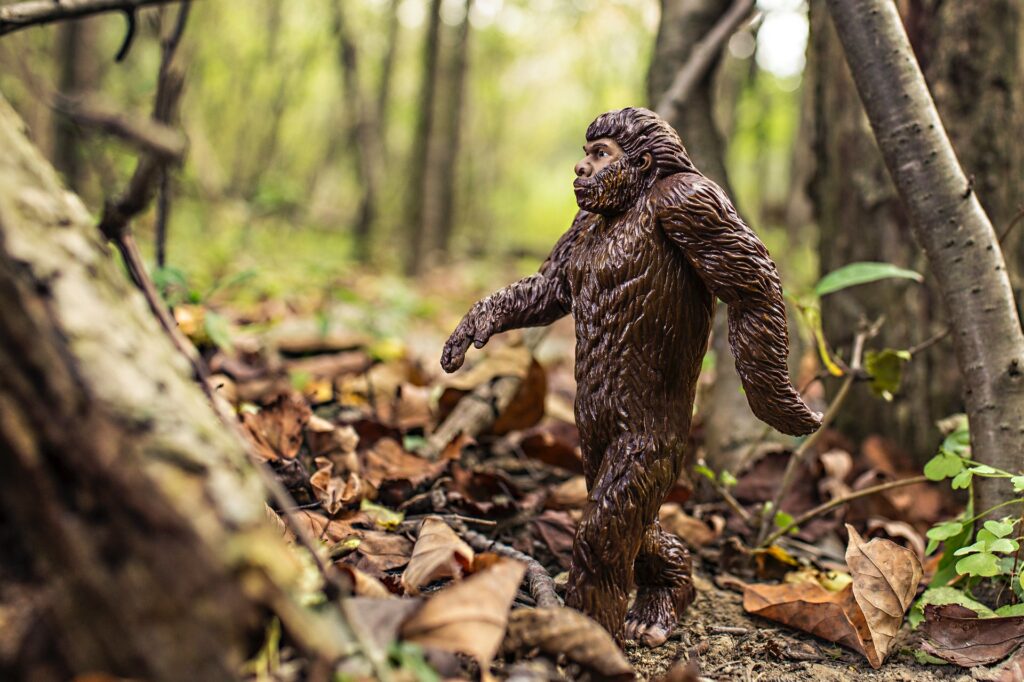
(Free to Imagine and Understand) Then came homosapiens who had the power of imagination and creating their own reality. Using the power of imagination gave human beings the power to cooperate in huge numbers and now we are in a position to shape the future of the planet.
The free will is a boon and an opportunity to understand and visualize a reality that is in alignment with existential reality.
All the things that we see around us are stable and have their own utility and there may have been many stepping stones or species that were not able to create their own tradition and so evolved further. Now as a species, human beings need to align their culture to an understanding of reality and hope to either protect the earth and ensure their continued existence or blow themselves out of the planet.
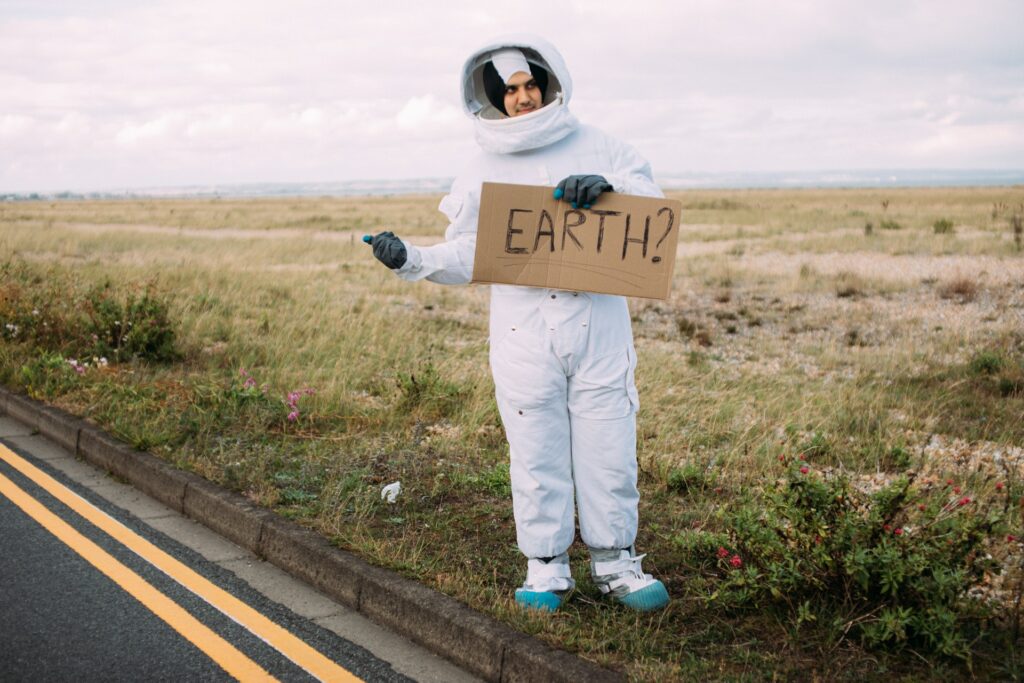
Free will is a difficult and strange topic, and thinking about our own thoughts and actions deeply may feel uncomfortable. But, that’s also fine, because those who never get out of their comfort zone, never learn something new.
Takeaway –
Current belief – Free will does not exist.
In popular culture – An article by Erwin Lima titled Free will does (not) exist.
As per the philosophy of coexistence,
Free will is the capacity of Human beings to give direction to their thoughts and modify their belief systems to align with existential reality. To validate your belief is equally important to be able to believe what is validated. We see every day that there is something more to the human being than just the physical body. We can make no machine using the physical matter to map that something.
We can still understand something. There can be more examples of such things which we understand and so need to believe. Believing what we understand is something that human society needs to agree to move forward. That is the objective of free will or imagination capability.
Another example is that we can have N thoughts. Even after we have N thoughts we are left with the capacity to have N thoughts. So we get an equation that N-N = N. That sounds quixotic but we understand this. So we need to believe that understanding is beyond Arithmetic.
USING FREE WILL to align Perception to existential reality is the purpose of existence.
